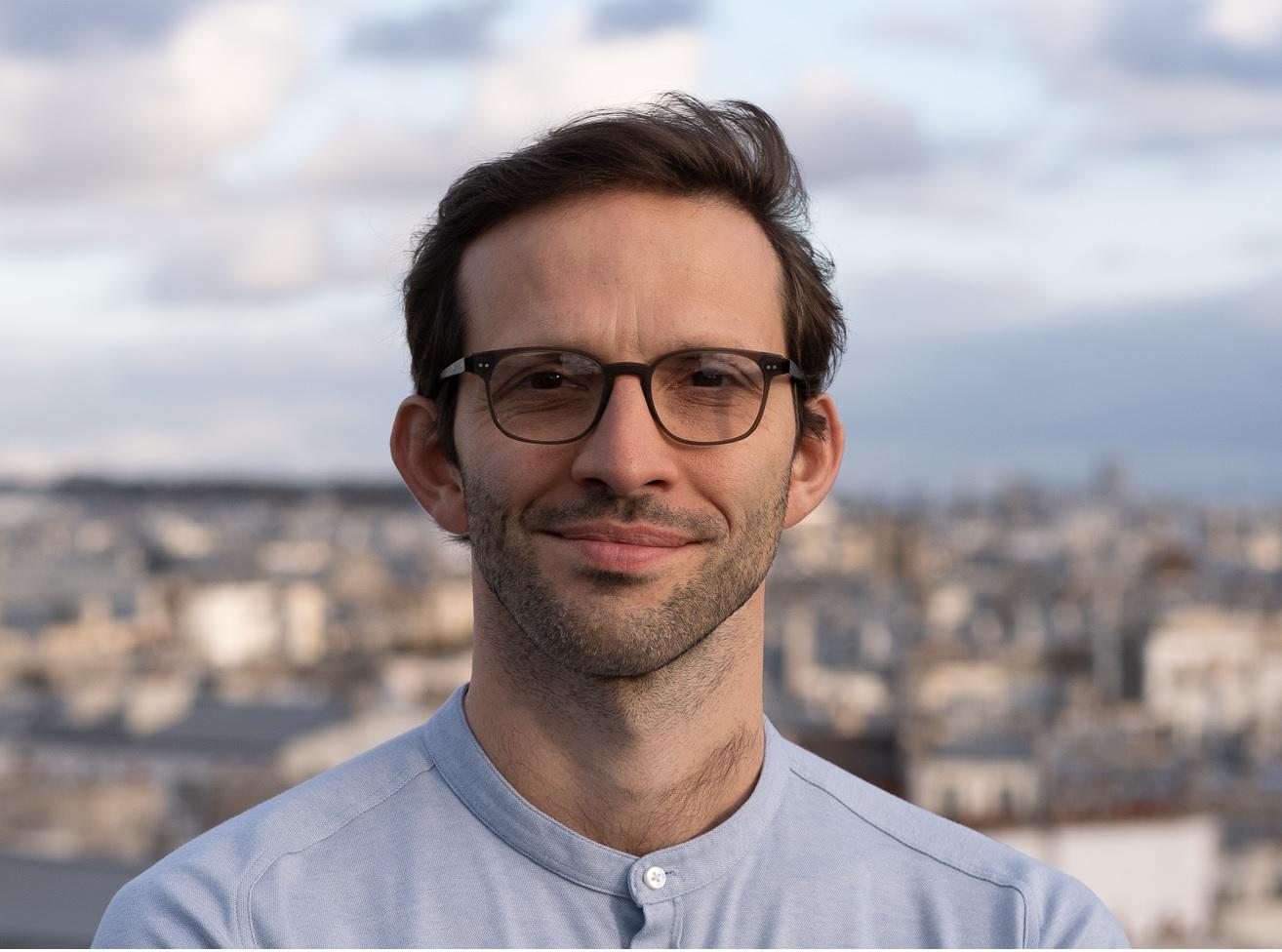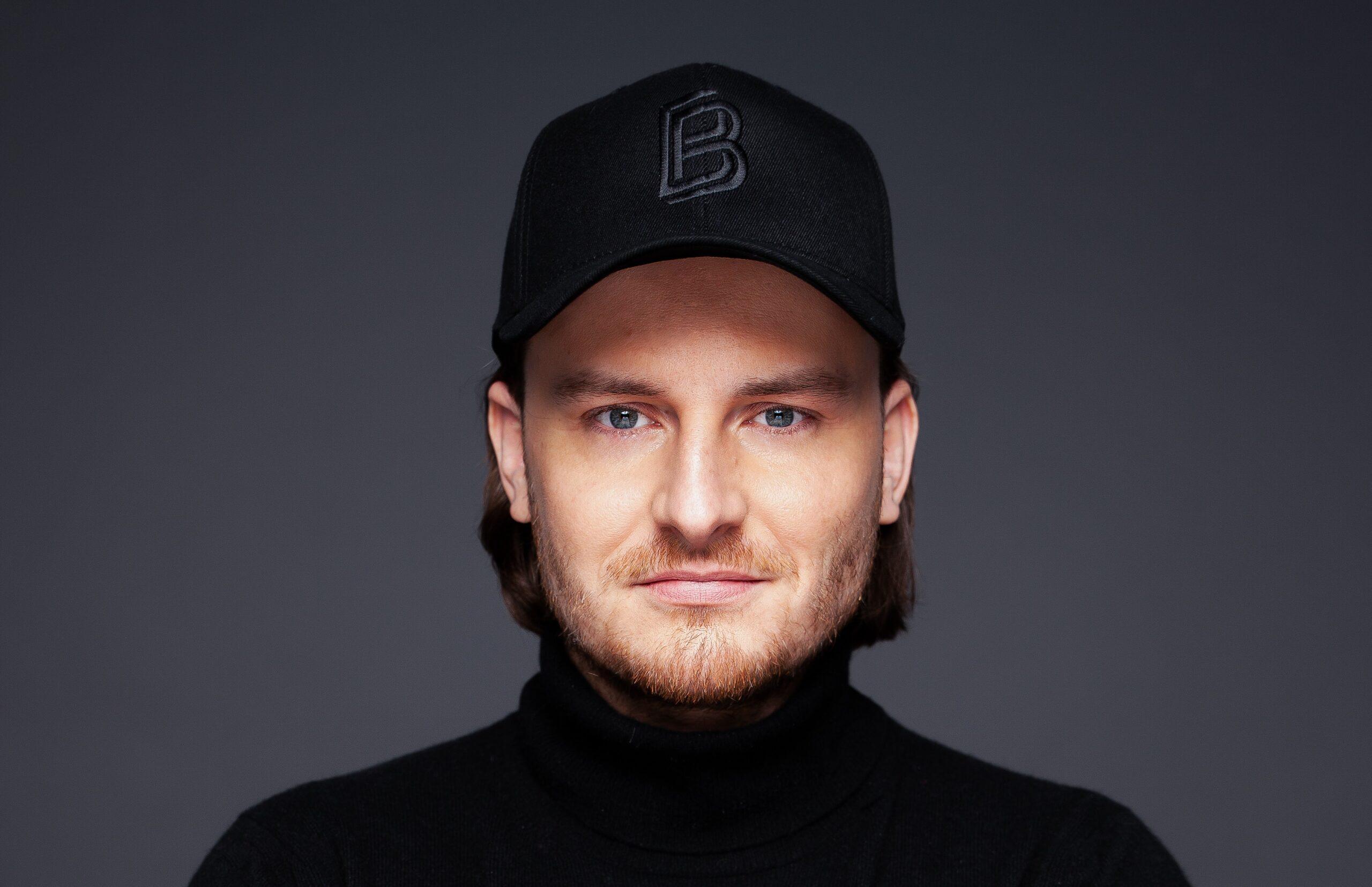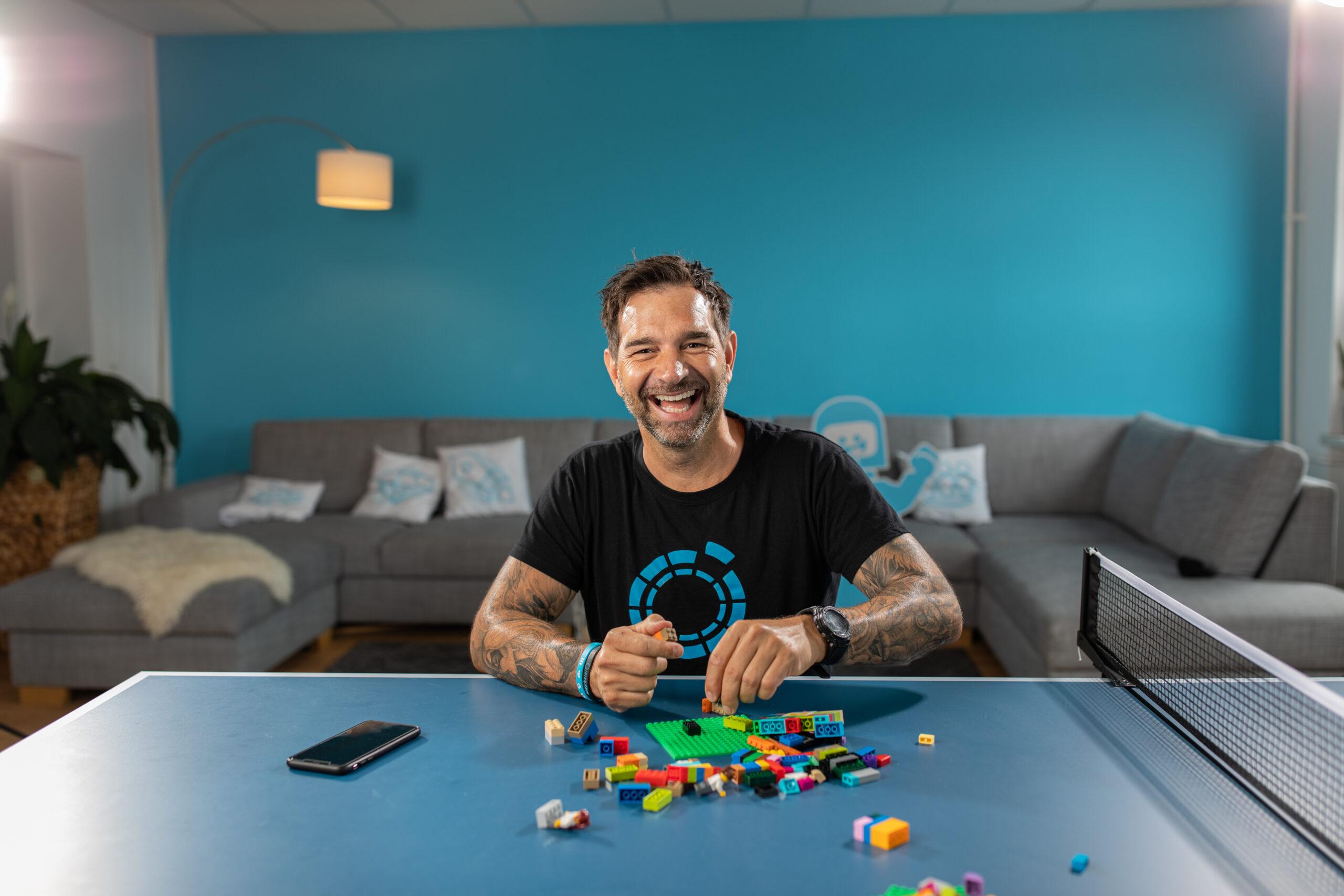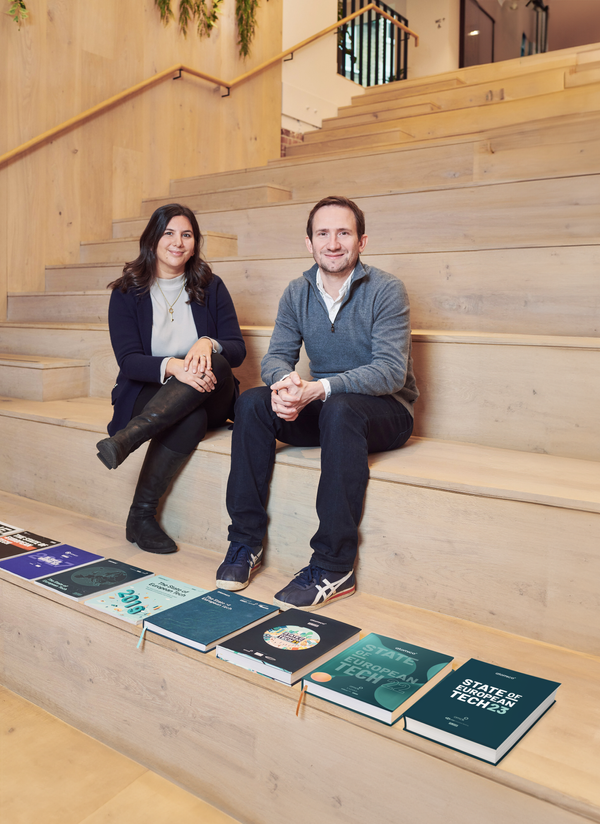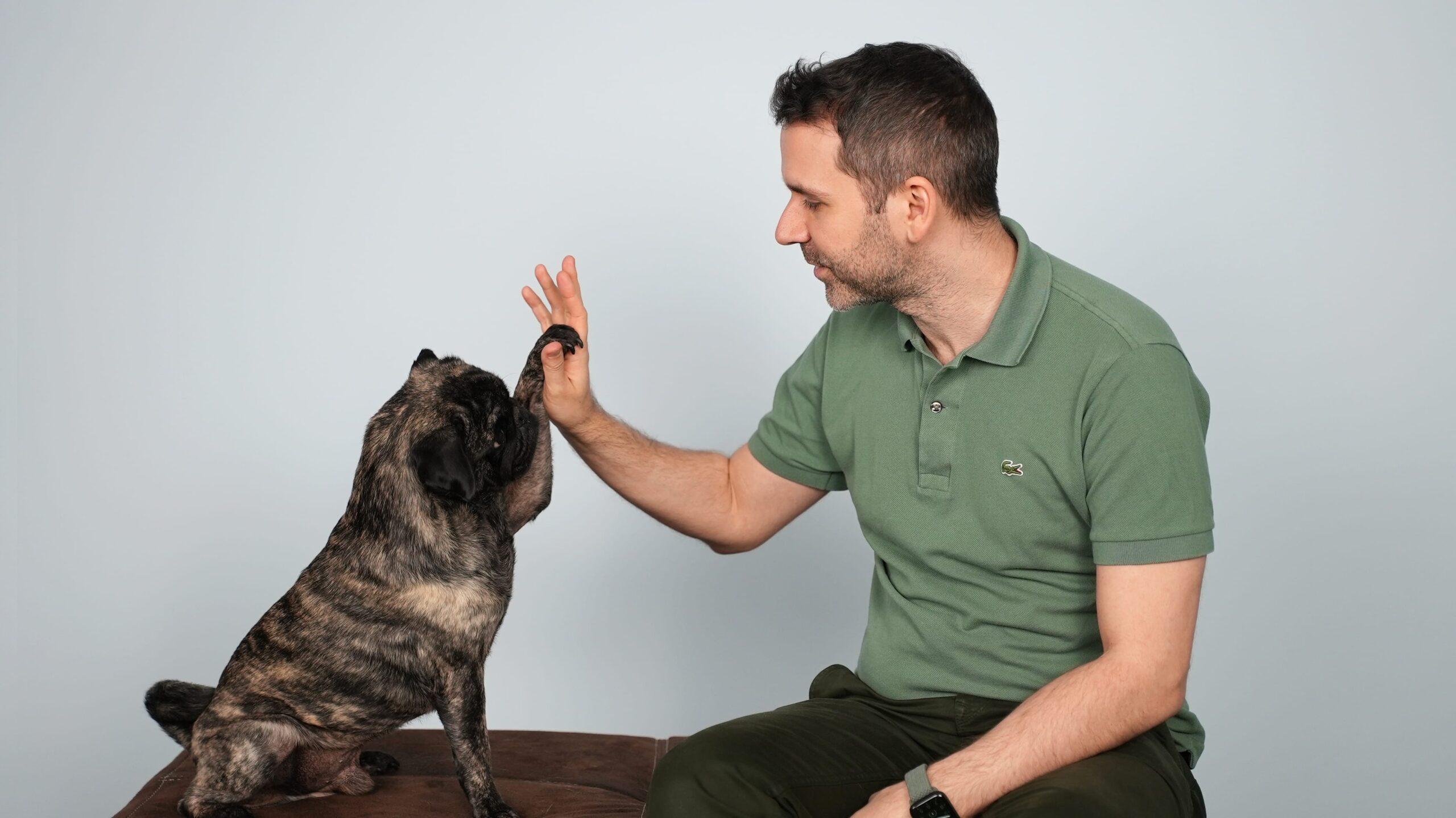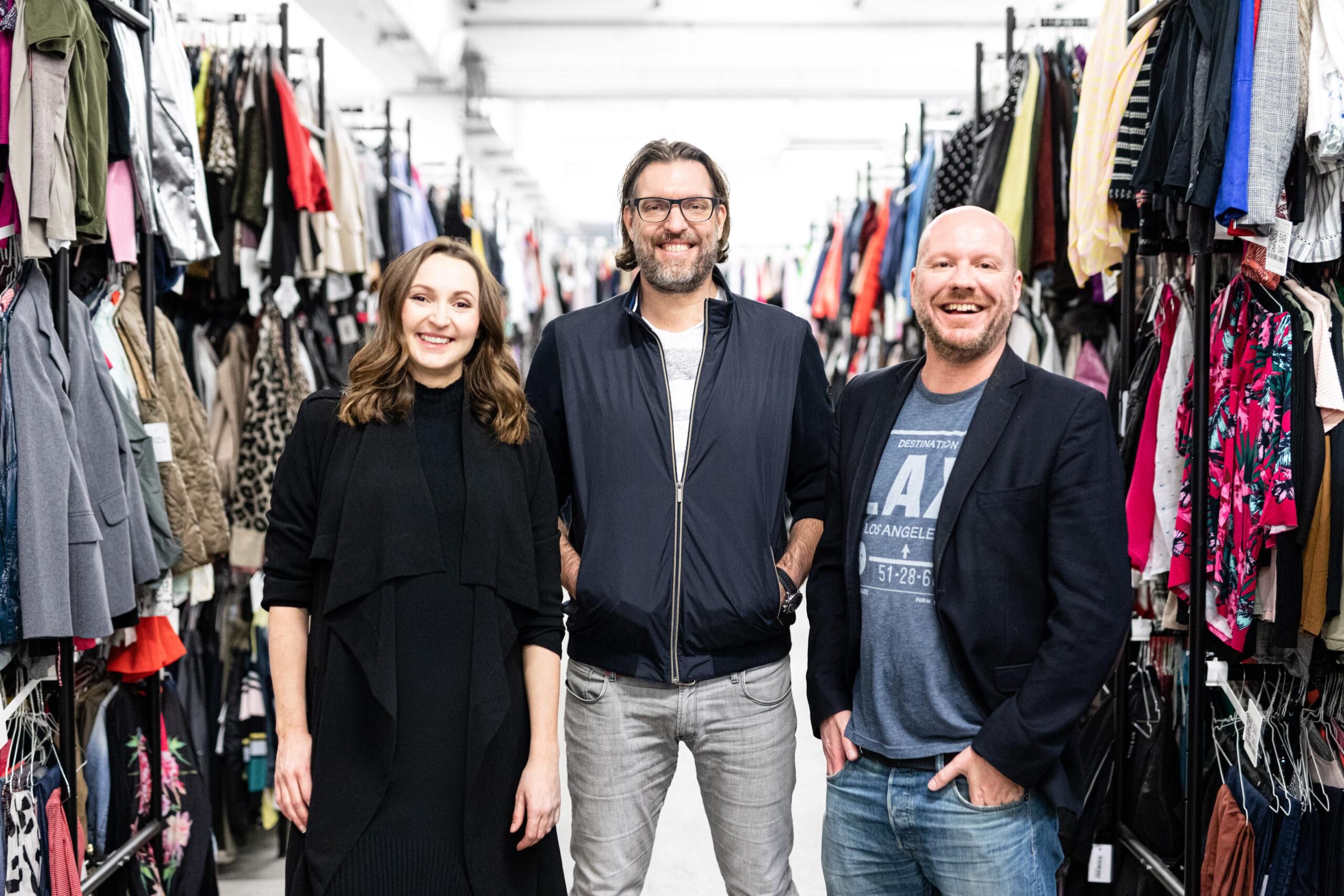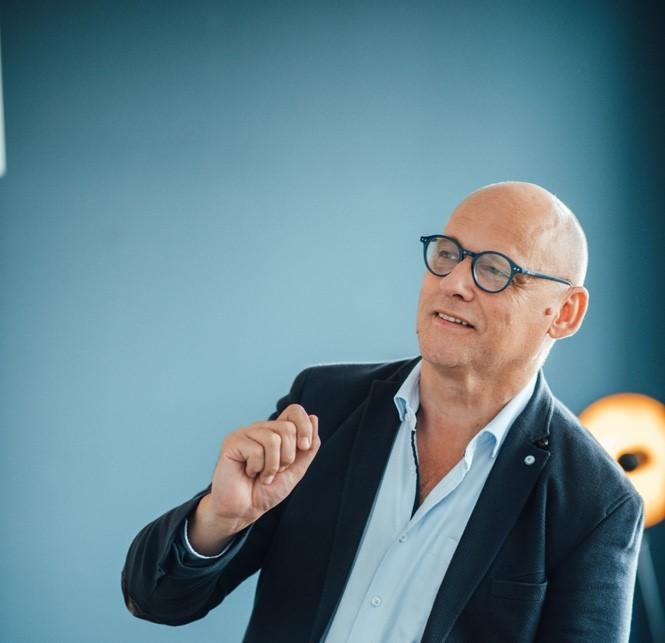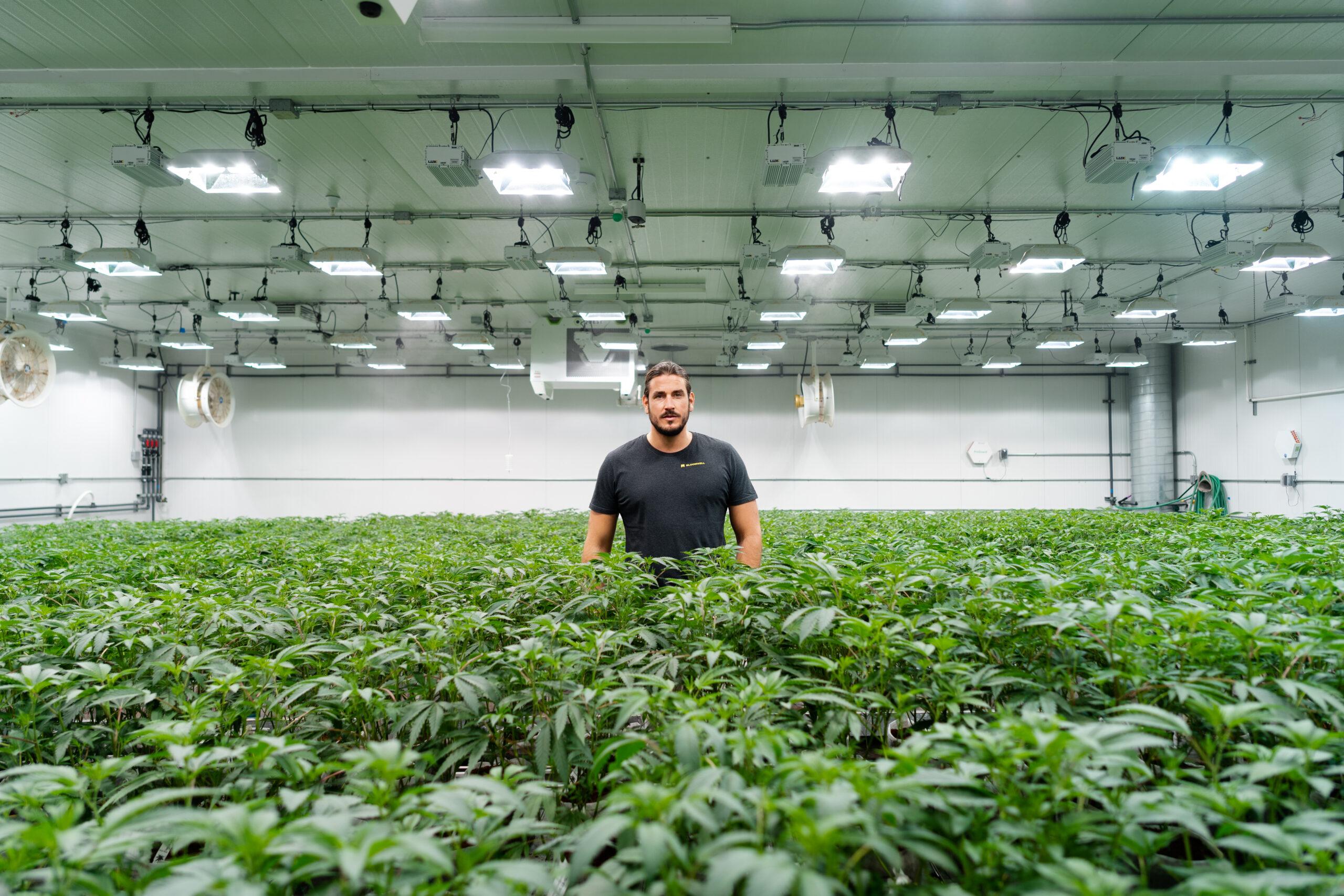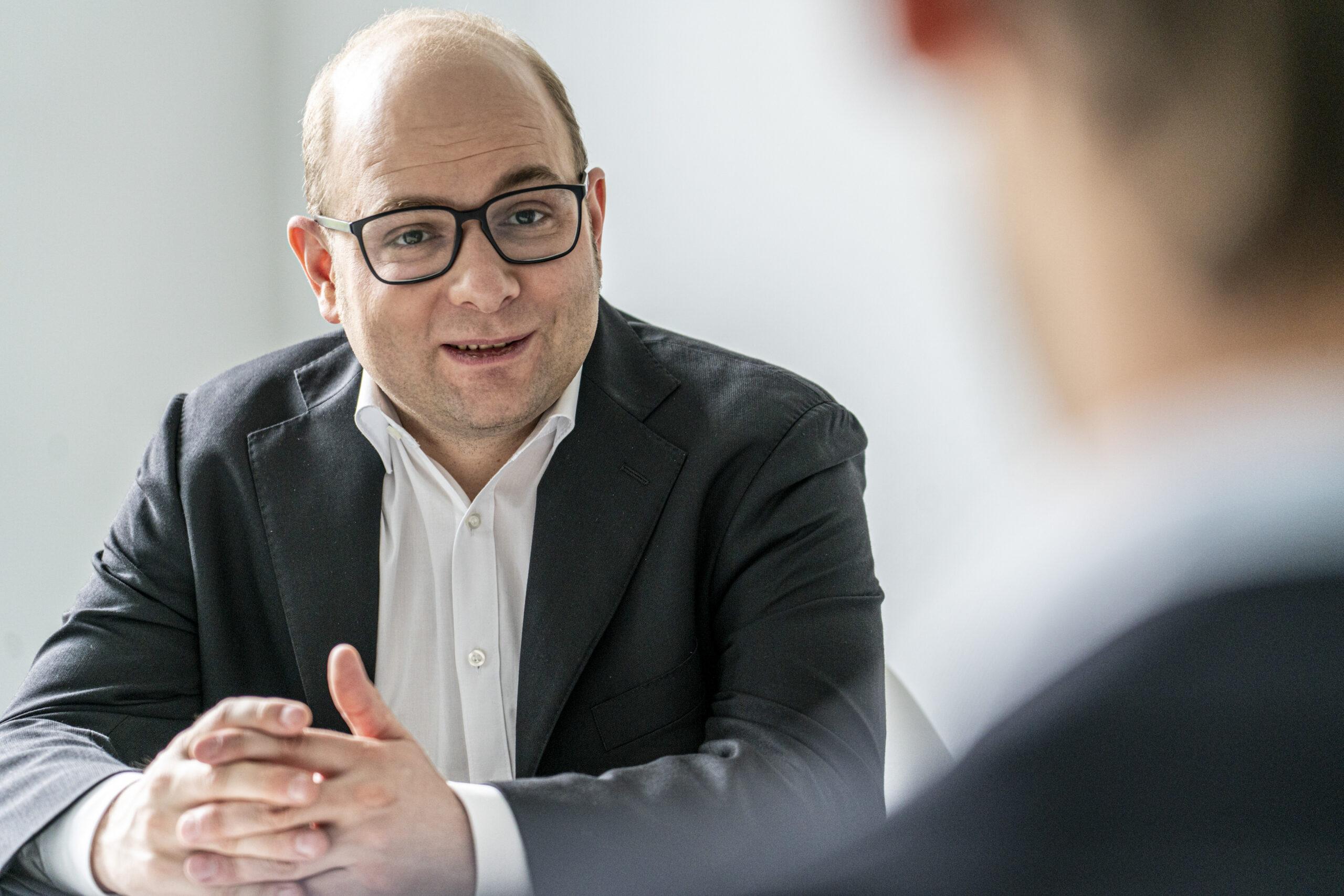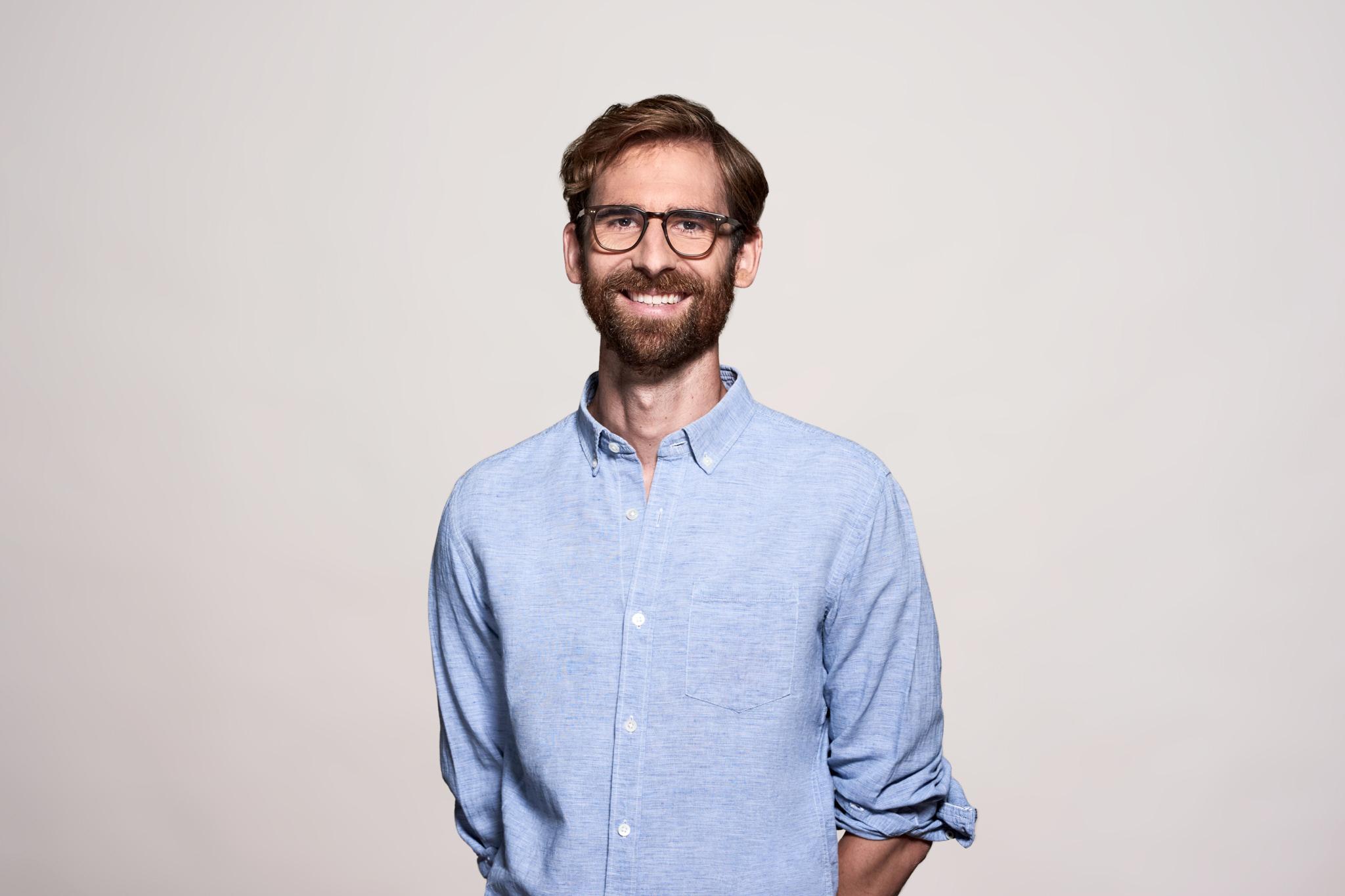When startups should expand to Africa
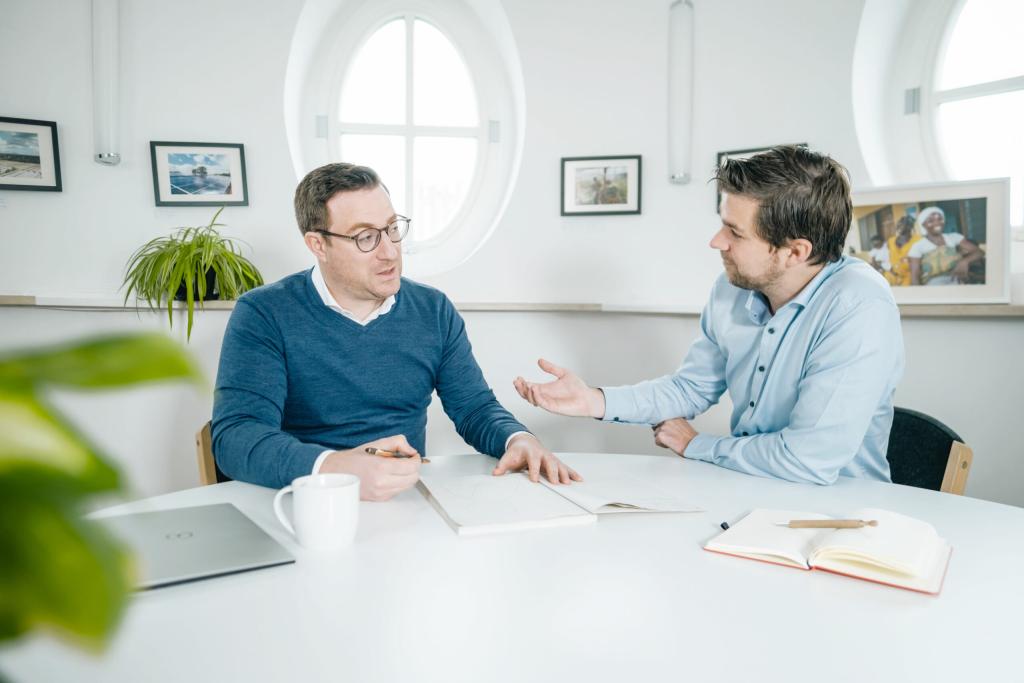
The business accelerator Chapter54 is currently looking for scale-ups that want to tap into an African market. It can also be worthwhile for a very young start-up to go to Africa, as the example of Ecoligo shows.
There are not too many founders in Germany who dare to take the step to the African continent. The situation in the individual countries is too different, and many find it too difficult to accurately assess potential and hurdles.
Martin Baart is one who has done it - twice, in fact. He failed the first time, but has now succeeded in his second attempt with his start-up Ecoligo. His story makes it clear what can go wrong when founders first misjudge the circumstances, and it makes it clear what potential lies dormant for young companies in African countries if they know their way around.
It is now a good ten years since Baart made his first attempt. As CTO of the start-up One Shore Energy, which has long since ceased to exist, he was supposed to sell solar-diesel hybrid systems to companies in Kenya, Tanzania and Uganda. Because local electricity is expensive, those who can generate it themselves save a lot of money and are safe from outages.
That's why the first attempt to go to Africa failed
As recently as 2019, there were some African countries where the population's access to electricity is disappearingly low. In the Democratic Republic of Congo, only 8.7 percent of the population had access to electricity in 2019, according to the International Energy Agency (IEA); more recent figures are not yet available. And even in the countries Baart was targeting at the time, access to electricity is far from certain by 2019: In Kenya, about 84.5 percent of the population had access, while in Tanzania it was 39.5 percent and in Uganda 28.9 percent. So providing businesses with green power was supposed to be a goldmine.
"But we failed at the time, unfortunately, for two reasons," Baart says today, looking back on his first attempt. "First, we had those typical German engineering glasses on about delivering the best of the best. That made our systems unnecessarily expensive." The second reason was a lack of presence with customers. "I traveled a lot back then, but it does make a big difference if you are permanently on site," Baart says.
The founder did better the second time around
So in his second attempt, this time with his own startup Ecoligo, Baart did some things differently from the start. Again, the focus is on power generation. The need, after all, as the IEA data shows, is there. His start-up helps to realize solar projects of companies in emerging countries. To do this, he also relies on crowdinvesting in Germany. Private investors are to be able to participate in the projects via the company's site. If everything goes well, they will receive around 5.5 percent interest for their investment. However, if things don't go well, as is the case with crowdinvesting, the money is completely gone.
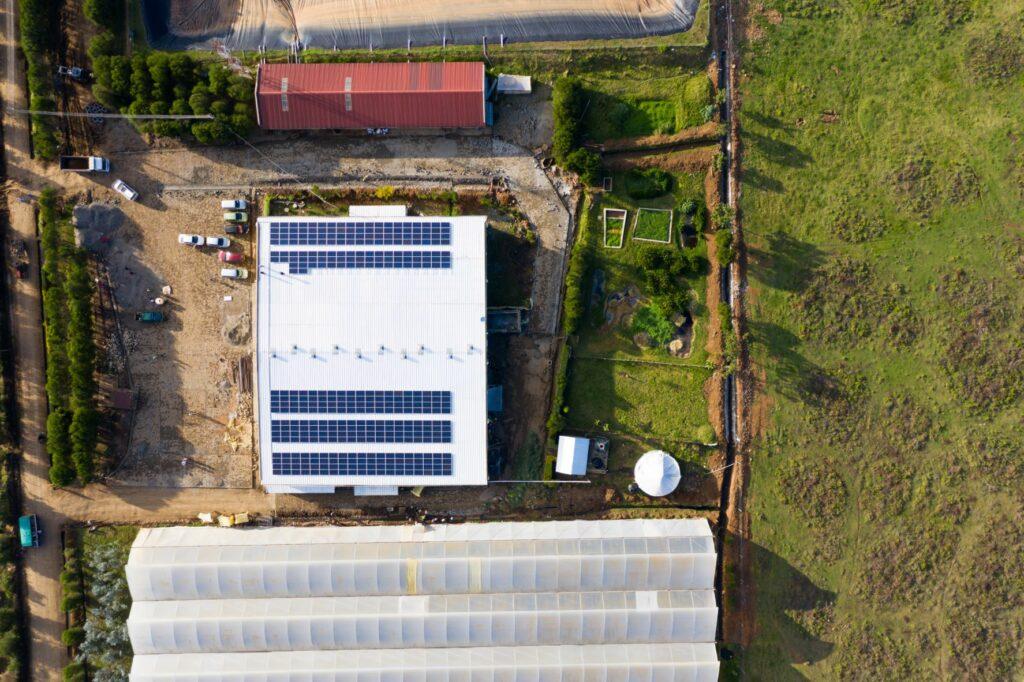
Baart didn't want to repeat the mistake he made the first time, which meant moving to Ghana first. The point, he said, was to understand the business culture there. "It's a bit of a cliché now, but there is definitely a slightly different relationship to time there, for example," he says. Many people there don't have such well-timed schedules, and traffic jams or non-existent public transportation make punctuality difficult. On the other hand, the start-up community in many countries is extremely helpful. "It's no problem at all to simply ask your seatmate if you're sitting in a large co-working space, for example," says Baart. He says he can also put you in touch with a local lawyer, for example, who can help you register your company in the local registry. "Of course, you can also rely on a law firm in Germany for this, but then there's often an extra zero at the end of the bill," Baart says.
With Ecoligo, Baart is long past this phase. He is now active in several African countries. To date, his startup says it has fully installed and commissioned more than 58 projects with a total capacity of 19.2 megawatts. Another 71 projects with a capacity of 41.7 megawatts have already been signed and are in the planning stage, according to the start-up. Baart's idea therefore now also convinced a backer. The social impact investor Oikocredit has just invested five million euros.
Baart can therefore give some tips in the meantime. For example, that in many African countries the procedure for registering companies is similar to that in Germany. And also with regard to the documents required. According to Baart, anyone who wants to set up a company from Germany must go to the relevant embassy and have the numerous papers legalized, and passport copies of the shareholders are also required.
And then there is the question of how willingly European founders are seen there in the first place. According to Baart, this now varies greatly. In Kenya, for example, the authorities are open and friendly toward founders from Europe. There, a company can still be founded with around 1,000 euros in share capital and managed from abroad. Ghana, on the other hand, has become much more restrictive over the past five years. It is clear that the country wants to promote young domestic companies, says Baart. There, foreign founders tended to need a share capital of one million euros and had to hand over 15 percent of their shares to domestic shareholders within five years. The situation is similar in South Africa, he says, as far as shareholdings are concerned.
A business accelerator wants to help
To ensure that other young entrepreneurs from Europe do not fail right at the start when they want to expand to Africa, the venture capital provider Partech has launched Chapter54, a business accelerator. Chapter54 is aimed at scale-ups that are already active in another country besides their own in Europe. "We want to see that a company has already tested the internationalization of its business model," says Vincent Previ, who heads Chapter54. So far, just about 14 percent of European scale-ups have taken advantage of the continent's potential.
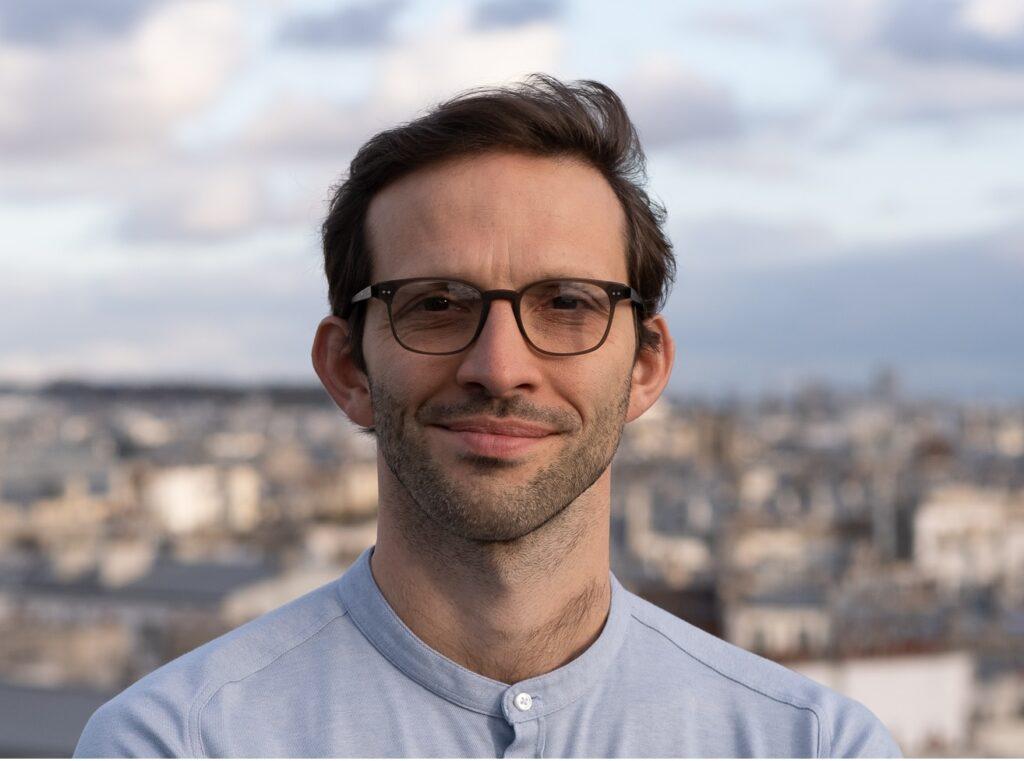
The accelerator is supported by the German development bank KFW and is designed to promote growth and job creation in Africa on behalf of the German Federal Ministry for Economic Cooperation and Development (BMZ). Chapter54 also works with mentors on the ground for the program. The program runs for up to eight months and is not limited to a specific African country. "There are currently four countries in Africa that clearly beat the others in terms of attractiveness," Previ says. For him, these are Egypt, South Africa, Kenya and Nigeria.
But Previ says there is also great potential in other African countries. British healthtech Babylon, which has already achieved unicorn status, operates there exclusively in Rwanda. Ghana could also be worthwhile. "Getting a foothold in Africa is not easy; there's definitely risk," Previ says. "I think it comes down to the right attitude more than anything else; founders have to make it clear that they really want to get into that market." So without at least a short-term move like Martin Baart's, it's likely to be difficult.
FYI: English edition available
Hello my friend, have you been stranded on the German edition of Startbase? At least your browser tells us, that you do not speak German - so maybe you would like to switch to the English edition instead?
FYI: Deutsche Edition verfügbar
Hallo mein Freund, du befindest dich auf der Englischen Edition der Startbase und laut deinem Browser sprichst du eigentlich auch Deutsch. Magst du die Sprache wechseln?



